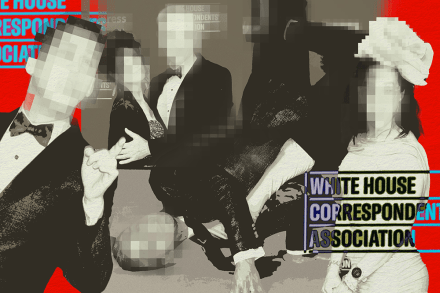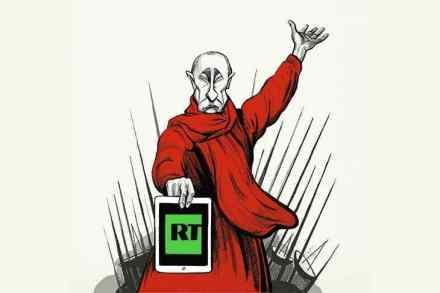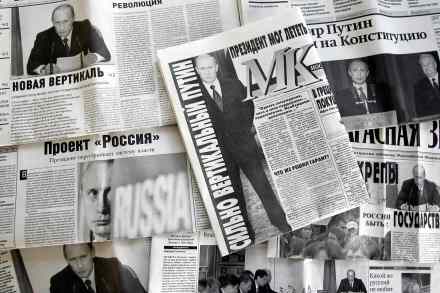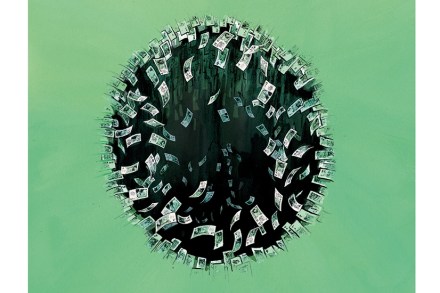No, you don’t ‘diffuse’ tensions
Harry Cole wrote in the Sun that ‘like the sweating hero trying to diffuse a bomb in a Hollywood movie, Sir Keir Starmer looked a little green around the gills’. For his part, the top cop Gavin Stephens said: ‘Anybody in a leadership position should think about how we can reduce and diffuse tensions.’ Or so the BBC reported. The Guardian reported that he called on them to ‘reduce and defuse tensions’. What you do with a bomb in a Hollywood movie is to defuse it. Its fuse might be ticking away and you remove it. Tensions can be reduced by figuratively defusing them. But very often tensions and situations



















